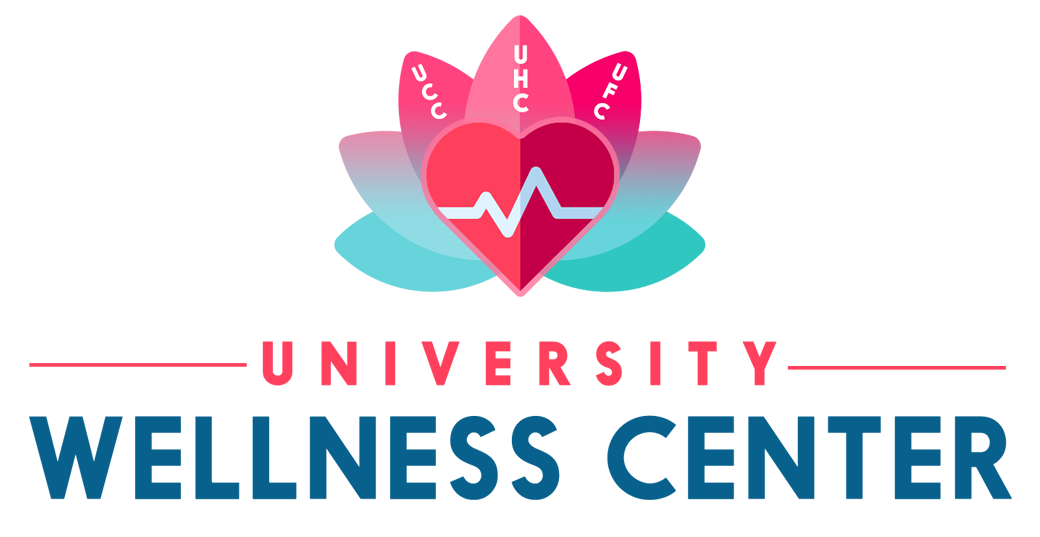Putting It All Together: Breast Cancer Awareness and Mental Health
World Mental Health Day was celebrated on October 10th to help eliminate the stigma surrounding mental health. October is Breast Cancer Awareness Month. What do the two have in common? Breast Cancer Awareness Month is dedicated to raising awareness about the impact of breast cancer, sharing information about screenings, and educating the public on breast health. While the discussion around the physical effects of cancer is necessary,
another important piece of this puzzle is the link between mental health and cancer. A cancer diagnosis not only affects the body, but it also affects the mind. Mental and physical health are often intertwined.
According to the American Cancer Society, “A cancer diagnosis can affect the emotional health of patients, families, and caregivers.” The emotional toll of a cancer diagnosis can be overwhelming, due in part to disrupted routines, changing roles, changing responsibilities, and uncertain finances. The overwhelming feelings commonly manifest as anger, resentment, fear, worry, helplessness, anxiety, and/or depression. A study conducted by the Mental
Health America revealed that 1) it is estimated that up to one-third of people treated for cancer in hospitals have a common mental health condition; 2) rates of major depressive disorder are thought to be up to three times higher than in the general population, 3) anywhere from 8-24% of people with cancer are also living with depression; and 4) youth and young adults with cancer are at greater risk for depression and other conditions compared
to adults with cancer.
Thus, it is imperative to understand the link between cancer and mental health, seek advice from a medical doctor and mental health professional, and stay well-informed with the information disseminated during each cancer awareness campaign. According to the National Cancer Institute there are several ways to cope with your emotions, including expressing your feelings, looking for the positives in the situation, not placing blame on yourself or others, choosing when to talk about cancer, discovering ways to relax, being active, participating in daily activities, and focusing on things you can control. Cancer support groups may also be beneficial to patients, family members, and caregivers. Finding a support group is a helpful way to discuss feelings in a safe and supportive environment. Whether you are a patient, a family member, or a caregiver, it is important to have coping strategies available to handle the wide range of emotions that may be experienced.
Oftentimes feelings are stifled to protect loved ones; pretending like everything is okay when hurt and sad feelings are lying just beneath surface. Please know that “it is okay to not be okay!” Therefore, as the nation rallies behind Breast Cancer Awareness Month, wearing pink every Friday, let’s also rally around eliminating barriers to mental health cancer care.
